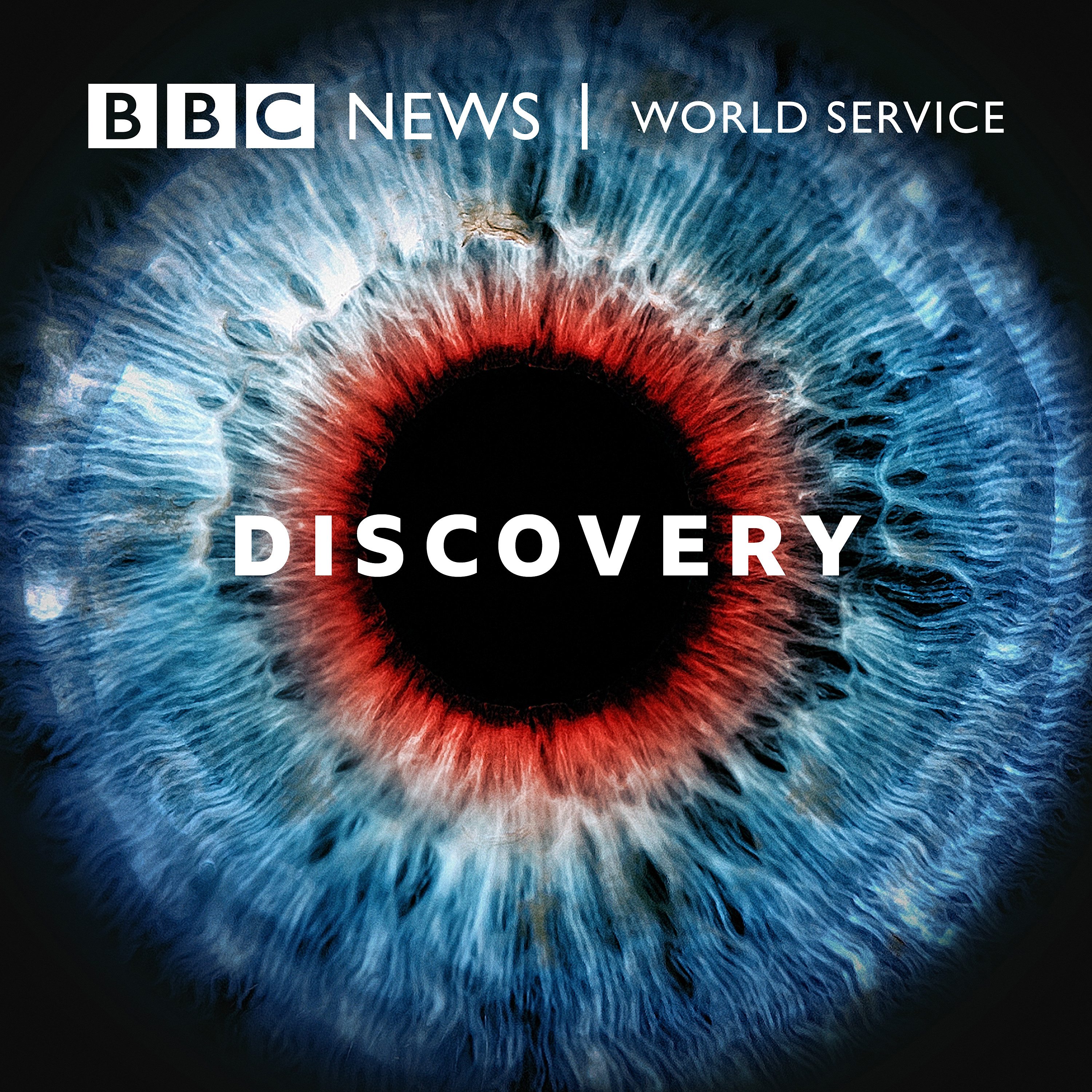
Discovery
Feb 7, 2022
In 2021, Captain James Kirk, aka William Shatner, popped into space for real for a couple of minutes, transported by space company Blue Origin's tourist rocket New Shepard. Elon Musk's Space X ferried more astronauts and supplies between Earth and the International Space Station, using its revolutionary reusable launchers and Dragon spacecraft. On Mars, the latest Nasa robot rover landed and released an autonomous helicopter - the first aircraft to fly on another planet.
This year promises even more. Most significantly Nasa plans to launch the first mission of its Artemis programme. This will be an unmanned flight of its new deep space vehicle Orion to the Moon, propelled off the Earth by its new giant rocket, the Space Launch System. Artemis is the American space agency's project to return astronauts to the lunar surface and later establish moon bases. China also has a similar ambition.
Are we at the beginning of a new space age and if so, how have we got here? When will we see boots on the Moon again? Could we even see the first people on Mars by the end of this decade?
Dr Kevin Fong convenes a panel of astronautical minds to discuss the next decade or two of space exploration. He is joined by Dr Mike Barratt, one of Nasa's most senior astronauts and a medical doctor, based at the Johnson Space Center in Houston, Texas; Dr Anita Sengupta, research associate professor in Astronautical Engineering at the University of Southern California; Oliver Morton, briefings editor at The Economist and the author of Mapping Mars and The Moon.
Producer: Andrew Luck-Baker
Picture: Artist concept of the SLS Block 1 configuration, Credit: NASA/MSFC

